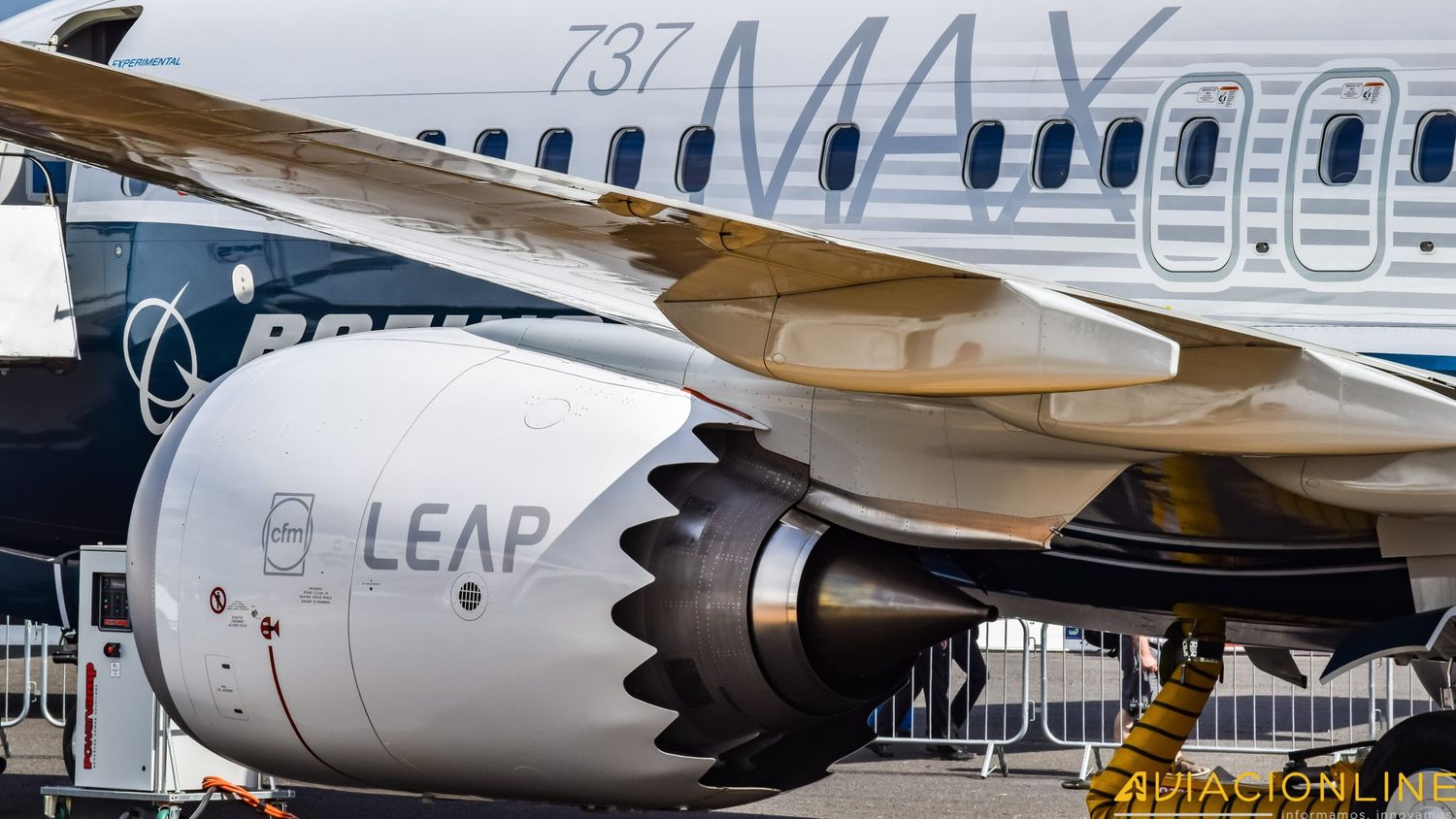Four years after the Boeing 737 MAX crashes, the US aircraft manufacturer is looking to bounce back and compete with European rival Airbus.
Boeing currently produces 737 MAXs per month, but plans to increase production to 38 units per month by January 2024, according to anonymous sources cited by Reuters on condition of anonymity.
However, the ultimate goal is to reach a production rate of more than 50 aircraft per month by 2025 or 2026, returning to the 2019 rate of 52 737 MAX aircraft per month.
Airbus vs. Boeing: A321neo vs. 737 MAX
If Boeing achieves the 52-aircraft-per-month target, it will be the first time since 2019 that MAX models have reached such a production scale. Production was reduced to 42 per month in 2019 due to accidents and further cuts were made during the pandemic.
According to Reuters, this will allow Boeing to maintain its 40% market share in narrow-body aircraft. Since its launch, the Boeing 737 MAX has received 5,316 orders.
The European manufacturer’s flagship aircraft is the Airbus A321neo, which continues to accumulate orders. Through February 2023, it has received 4,672 orders since its launch, surpassing the 3,991 orders for the A320neo.
In response to high demand, Airbus announced the opening of a second production line in China, aiming to reach a manufacturing rate of 65 aircraft per month by 2024 and 75 by 2026.
Boeing is relying on its most loyal customers to drive orders, mainly from U.S., Chinese and Indian airlines and Ryanair. However, these orders hinge on the certification of the MAX 7 and MAX 10 models, which have been in dispute for more than two years.
See Also: Ryanair back to talks with Boeing (and the MAX 10 is not off the table).

Supply chain challenges
Both aircraft manufacturers agree that current supply chain problems will likely persist until late 2023 or early 2024.
The main causes are labor shortages at medium and small suppliers. In many areas of the industry, the rapid increase in demand in recent months has outpaced the industry’s ability to adapt and maintain adequate service.
See Also: Airbus and Boeing expect supply chain problems to persist through 2023
This has led to widespread delays and complications in aircraft deliveries. Major engine manufacturers have also faced problems, with aircraft ready for delivery but without engines.
In addition, maintenance services have been affected, grounding hundreds of aircraft due to lack of supplies for proper inspections.


Comentarios
Para comentar, debés estar registrado
Por favor, iniciá sesión